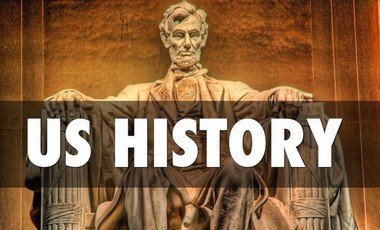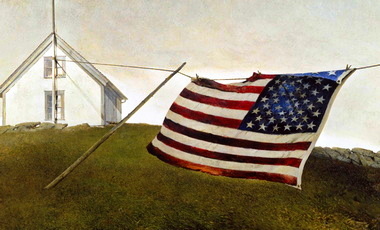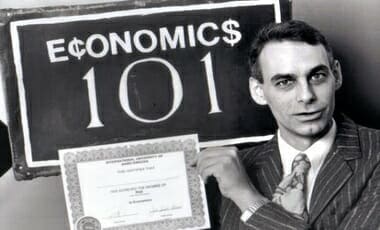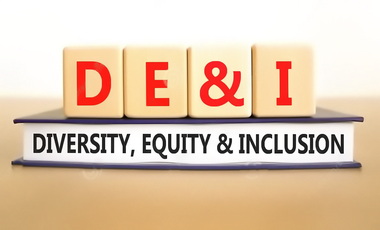Once upon a time a great and wise king ruled a populous and prosperous land. The width and breadth of his kingdom were measured in thousands of leagues.
But a plague of poverty came upon that land, and no man knew its cause. There were mighty and inconclusive arguments in the halls of government, and learned graybeards in the schools advocated this remedy or that.
The king, seeing that his people were starving and distressed in the midst of plenty, called his wisest counsellors from the four quarters of the kingdom.
Seated on his golden throne and arrayed in his royal robes, he commanded them to lend him their wisdom. Then began an argument that lasted all through the night, until the King’s head drooped wearily with the weight of the sapphires and diamonds in his golden crown. As dawn was breaking he arose and said:
“Here is only confusion of tongues. I have heard many of you speak of a science called economics, which may prove the key to my people’s troubles.
“Mark well my words: One month hence let all the economists of my kingdom assemble here, bringing with them a short and simple text on this subject of economics, so that I may find light and my people may be saved.”
A month passed. The economists assembled, and their number was two thousand and ten.
“Where is my short text on economics?” asked the king.
“O, sire,” replied the chief economist, “we have it not. To prepare such a text will require at least a year.”
“That,” said the king, “is a long time, and my people languish. But go, now, and get to work without delay.” A twelvemonth later the economists took their places in the great audience hall, around the crystal walls of which stood the palace guards, armed with spears and crossbows. Then stood forth the gray-bearded chief economist.
“O, King,” he said, “We have labored with all diligence and have prepared the short text on economics for which you asked. We have it here in 87 volumes of 600 pages each, profusely illustrated with charts and graphs.”
The king, exceedingly wroth, raised his scepter and let it fall with a crash, so that the great sapphire in its tip bit deeply into the table top before him. And the guards, raising their crossbows, shot one thousand and five of the economists.
“Now,” thundered the king, “get you gone, and return not until you have written me a really brief text on economics.”
And the remaining economists fled down the long hall, and the iron doors of the palace clanged behind them.
But, another year having passed, they returned, and the aged spokesman spoke with prideful voice:
“Sire, at last we have just what you want. We have reduced our work on economics to 63 volumes by eliminating the graphs and charts.”
Again the king raised his scepter and brought it down, with such force this time that the great sapphire remained embedded in the walnut and the pearl of the table top. Again the guards shot their crossbows, and again the number of economists was reduced by half. And those left alive fled once more from the king’s wrath.
Year after year they returned to the palace, bringing each time a slightly more condensed version of the text on economics. But never was the king satisfied, and each time the palace guards shot more economists until at last only one remained alive.
He was a man of profound wisdom, but aged and feeble, so that never had he been able to make his voice heard above the disputations of his colleagues.
And a day came when this last economist plodded slowly to the palace and sought audience with the king, himself now a graybeard, sad and bent with pondering the troubles of his people. Trembling, the last economist approached the throne, prostrated himself before the king, and spoke:
“Your majesty, I have reduced the subject of economics to a single sentence, so brief and so easily remembered that it was not necessary to put it on paper. Yet I will wager my head that you will find my text a true one, and not to be disputed.”
“Speak on,” cried the king, and the palace guards leveled their crossbows. But the old economist rose fearlessly to his feet, stood face to face with the king and said:
“Sire, in eight words I will reveal to you all the wisdom that I have distilled through all these years from all the writings of all the economists who once practiced their science in your kingdom. Here is my text:
“There ain’t no such thing as free lunch.”































































